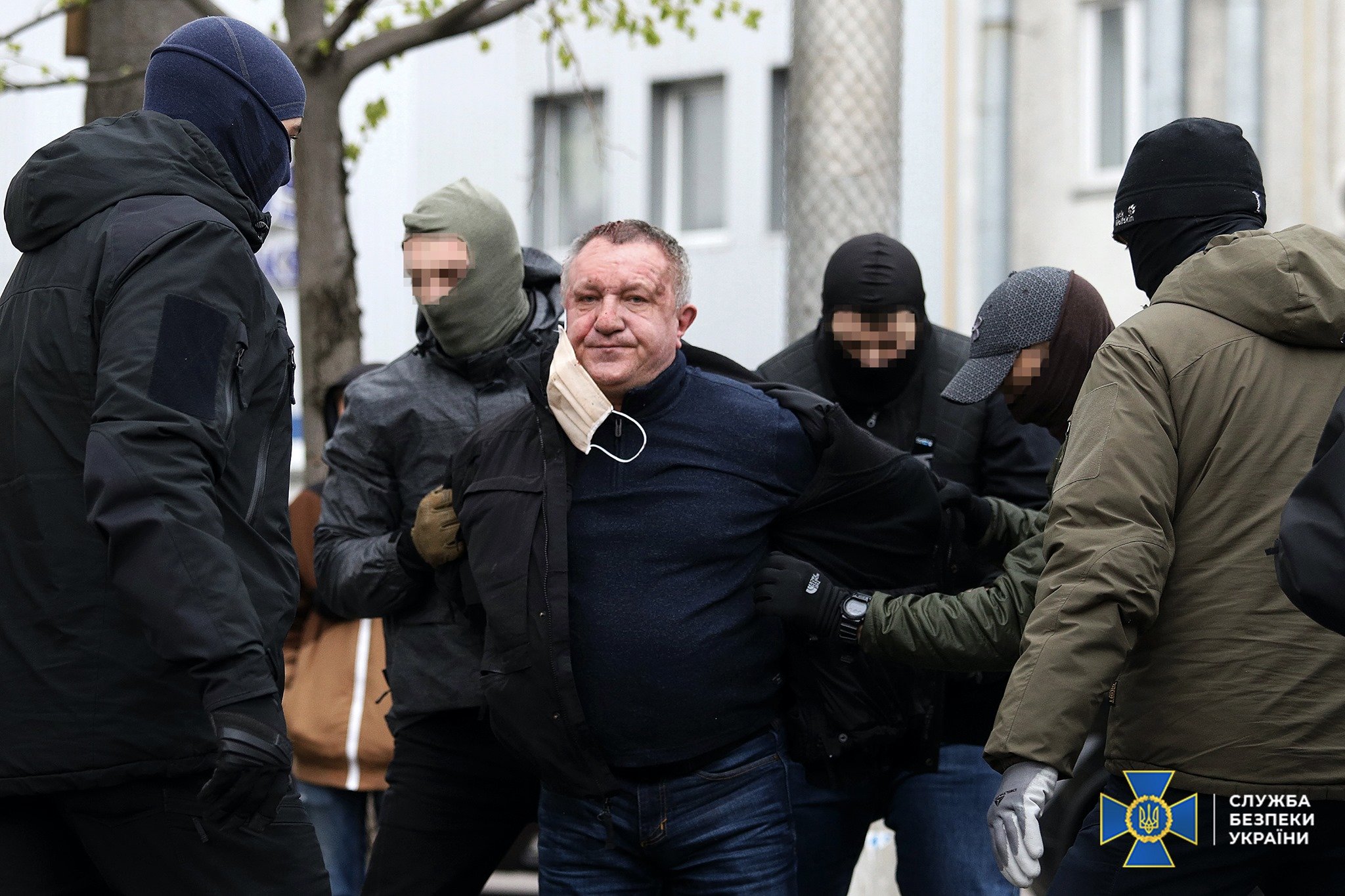At first glance, Vladimir Pastukhov says, Moscow’s approach to the Skripal scandal appears “irrational and inadequate, in fact, the Kremlin is acting precisely according to ‘a protocol’ developed earlier” following the political murders of Politkovskaya
, Nemtsov, Magnitsky and Litvinenko.

And precisely because it has refined its approach over time, the UK-based Russian historian argues, the Russian leadership is better positioned to win out against those who treat each new crime as sui generis
rather than part and parcel of a larger strategy.
First of all, “whatever happens, Moscow begins with a declaration about the Kremlin’s lack of motive to commit a political murder.” It insists that those who were killed were no threat and therefore not targets. But in reality “in each of these cases, the Kremlin had motives to commit the crime from revenge or in order to conceal the traces of another crime.”
This Kremlin tactic works because normal people “cannot imagine that a civilized country which at one time aspired to the role of a superpower could conduct itself in such a barbarous fashion.”
Then, Pastukhov continues, because it often happens that these political murders happen at “the most unsuitable moment for the Kremlin” such as before the Olympics or the World Cup, the Kremlin insists that the Russians have no interest in committing such a crime because “we are not mad.”
Indeed, Kremlin propagandists are the first to point out all the reasons Moscow would have not to kill this or that individual at this or that time. But “Moscow does not have any real restraining counter-motives.” The pragmatists in the Kremlin “who understand perfectly that as a result of one Skripal or even ten of them no one is going to begin a nuclear war against Russia.”
Third, “Moscow knows that it is extremely difficult for Western democracies to remain at a state of mobilized readiness. Time cures any problem, and therefore, dragging out a conflict at any price” even at the cost of embarrassment “is the most important technology” because “a lie repeated often enough has a chance to become a legend.”
Moreover, Pastukhov says, “after emotions cool, the allies of Russia in the Western establishment (and there are many of them) will find it easier to apply the brakes,” especially since what the Kremlin invariably seeks is not a complete return to the status quo ante but moderation in any punishment.
Fourth, in every case, he continues, the Kremlin will “imitate hysterics” primarily to consolidate its domestic audience. The vulgar remarks of foreign ministry spokesperson Mariya Zakharova are addressed more to those Russians who read her blog on Ekho Moskvy than to foreign diplomats in Moscow who may report what she says to their governments.
Fifth, the Russian side in every case “without exception” prepares “alternative versions” of the crime in order to confuse the situation and provide its backers with ammunition against others.
Sixth, Moscow invariably seeks access to the investigations of other governments even though it is a suspect. That not only allows it to offer a version of events which is more plausible than it could if it did not know what the police do but also to present itself as a searcher after truth rather than a suspect.
And seventh, Pastukhov continues, to achieve all these ends, it engages in provocative actions that would seem to be self-revelatory but in fact often prove to be a form of self-defense by distracting attention from what is really going on or confusing others about Moscow’s real intentions and role.
All these things are in fact a reflection of what is a war of nerves between the British government in the case of the Skripal case and the Russian authorities.
But the Russians have learned that they can ride out almost any crime no matter how heinous or how obvious their guilt, the historian says; and that knowledge almost certainly means there will be more such crimes and most such applications of this “protocol” after them in the future.
Read More:
- Five ways Russia is generating a conspiracy smokescreen around the Skripal poisoning
- Russian media have published 20 different narratives on Skripal poisoning
- Behind the smokescreen: who are the actors spreading disinformation on ex-Russian spy Skripal?
- Putin has come out a winner in the Skripal Case, Kirillova says
- Also in Russia a Russian hand is seen behind the nerve-gas attack in Salisbury
- The bold assassination attempt on ex-Russian spy Sergey Skripal in Salisbury, England
- Moscow’s development of poisons like one used against Skripal has long history and dark shadow
- Three important lessons of the Skripal Case the West has yet to learn
- How Russian propaganda denies a suspected chemical attack in Syria
- Putin is behind the assassination of Boris Nemtsov, his colleague says
- Nemtsov and Moscow’s Bloody List
- List of Kremlin-linked deaths since Nemtsov’s murder continues to lengthen
- Nemtsov feared Putin would kill him and now the Kremlin leader has
- How will the report on the murder of Litvinenko impact Putin?
- Litvinenko murder was ‘act of nuclear terrorism,’ his widow reminds the world
- Putin and the Litvinenko verdict
- Tribute to Anna Politkovskaya: 11 years after murder, legacy & meaning of her work remain intact
- Six powerful quotes from Anna Politkovskaya about Vladimir Putin





